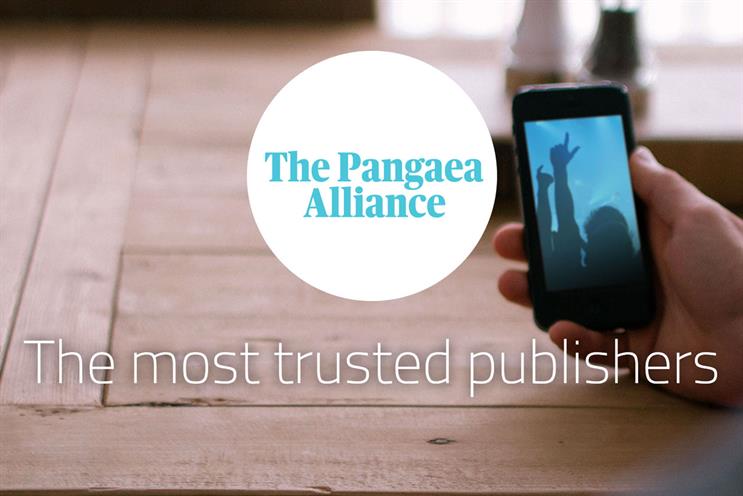The Rubicon Pangea/Guardian breakup doesn’t come as a surprise. If indeed they were unable to offer complete transparency then it’s due time that premium publishers such as The Pangea Alliance and the Guardian hold them accountable.
For too long, agencies and a lot of adtech firms have been complicating the media buying landscape. Now publishers and advertisers are slowly, but surely, waking up and demanding more.
Premium publisher alliances such as the Pangea Alliance were set up to provide advertisers with premium inventory and high-quality audience reach. However, the lack of transparency from companies such as Rubicon Project has meant that advertisers are being shorted on the services they were promised, which causes deeper questioning of the "black box" of programmatic spending.
Although programmatic is the future, there is still an issue with traditional adtech companies being unable to fill the demand of a mobile-first world. This is apparent not only when it comes down to transparency, but also with brand safety, viewability and ad fraud.
P&G got people thinking at beginning of the year when it said it didn’t know where its money was going. While some publishers are signalling their agreement, this isn’t enough. A lack of understanding from both the publisher side and the advertiser has meant that those in the middle are able to take advantage of the murky supply chain and make a great deal of money as a result.
Advertisers and publishers need to vote with their feet, or more realistically, their cash. A prime example of this is the recent YouTube scandal. The minute brands and advertisers started to pull their spending, YouTube acted, and is now working to ensure total brand safety. Although some in the industry were aware of the ad-placement problem, it wasn’t until brands took action that changes began to be brought in.
The ad industry needs a big clean-up. It’s on the advertisers and publishers to take a stand and pave the way for new and truly transparent relationships with those within the ecosystem.
Publishers and advertisers should work together to begin to understand where the revenue is flowing and set direct agreements to make sure there are fair payment agreements and good value for money.
In the case of Rubicon and the Guardian, seeing 30p to every £1 spent by an advertiser is unacceptable. Publishers should have total transparency on where that money is going, what it is being used for and what value it brings.
I am a firm believer that the focus should be on the customer, whether that be an advertiser or publisher, and that this customer should see value. I believe that what is happening now as a result of the recent issues being brought to light is a good thing for all of us in the industry.
This is especially important for the likes of publishers such as the Guardian, which have cut staff in both the UK and the US recently due to a loss of revenue. Having money funnelled from them by adtech firms and media agencies like the Rubicon Project is contributing to their challenges.
The biggest question when watching the Rubicon Project story play out is what does this mean next for the industry? The legal battle will set the precedent for the industry’s next movement and could potentially trigger a complete shake-up of the relationship between publishers, advertisers and everyone in between.
Patrik Fagerlund is chief executive and founder of Widespace.


